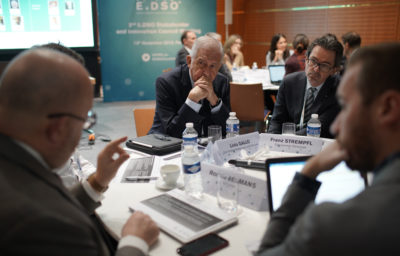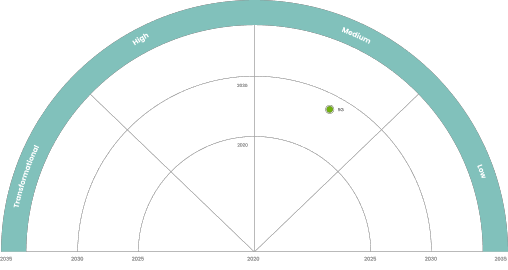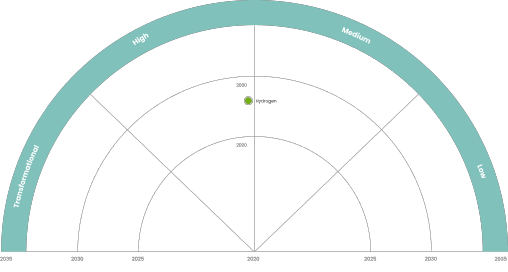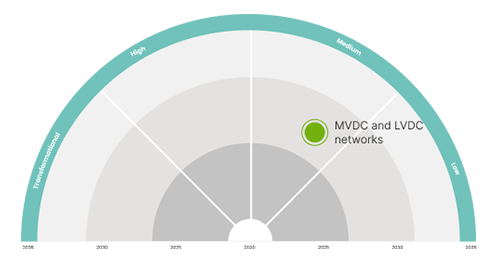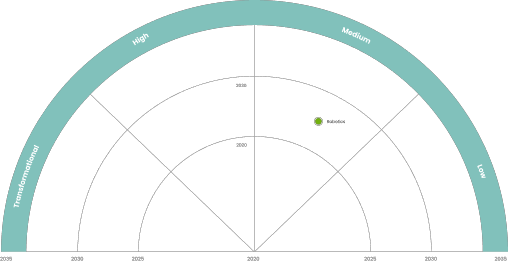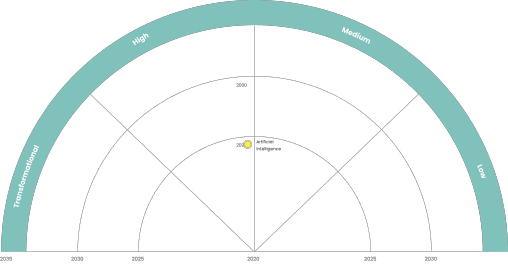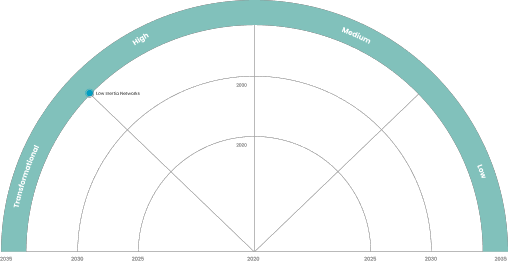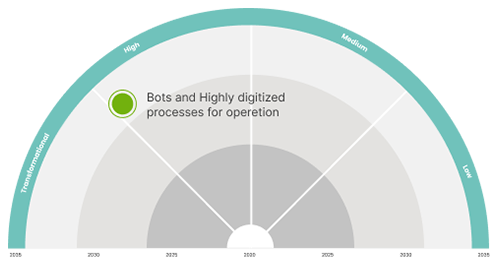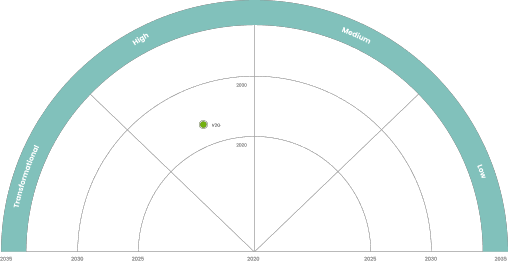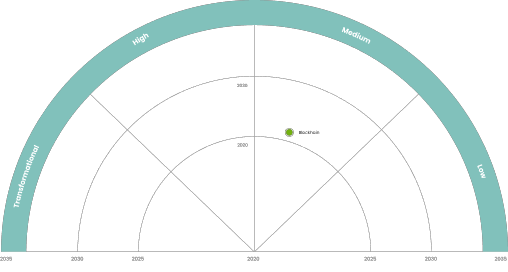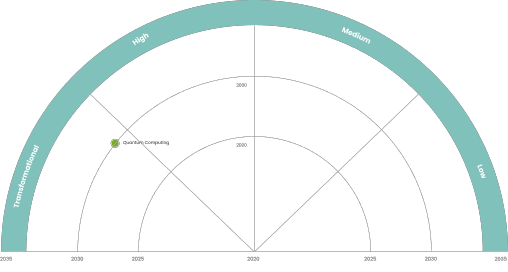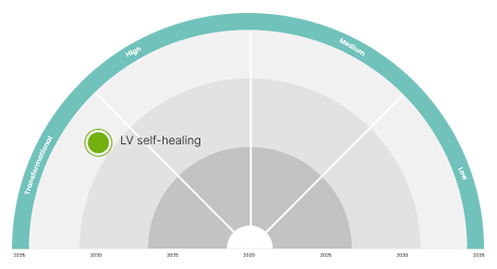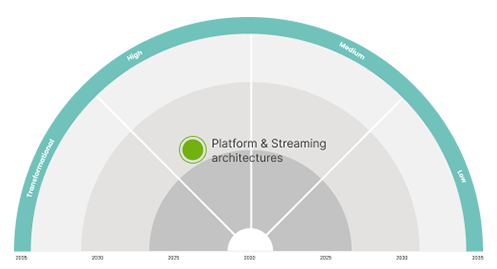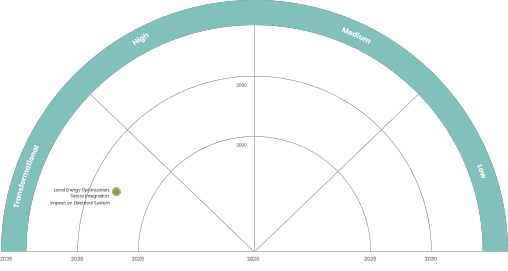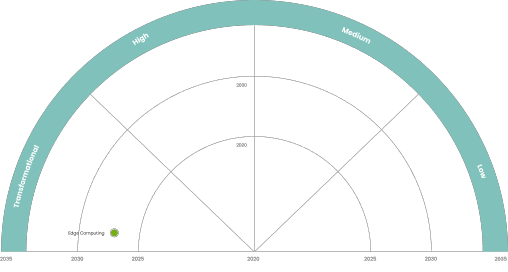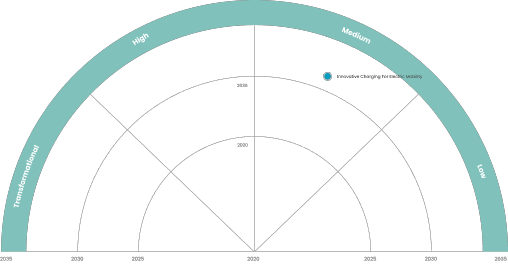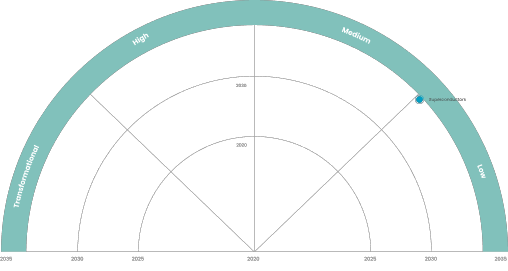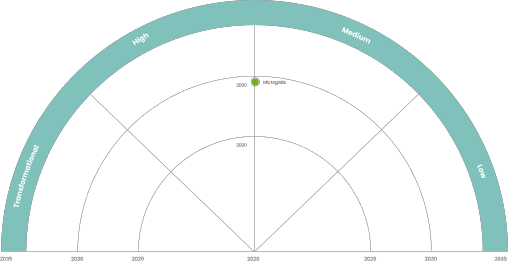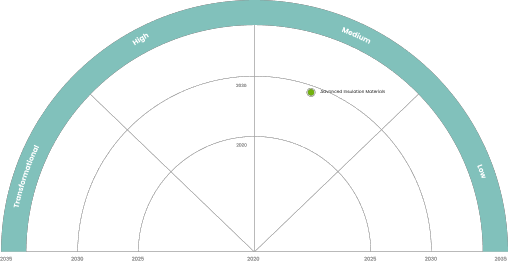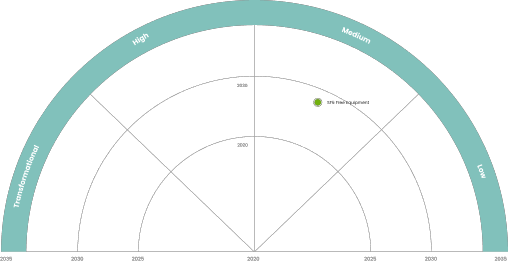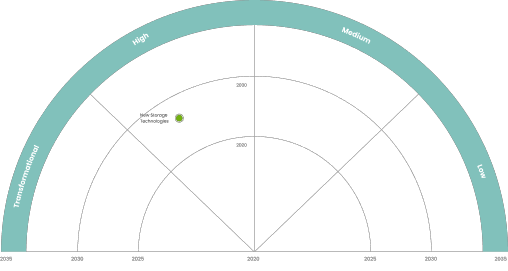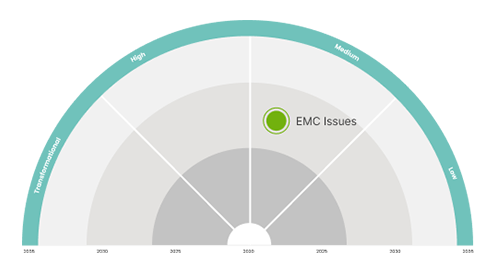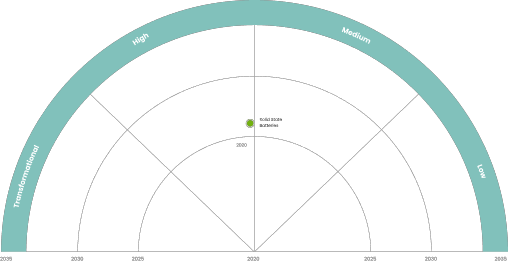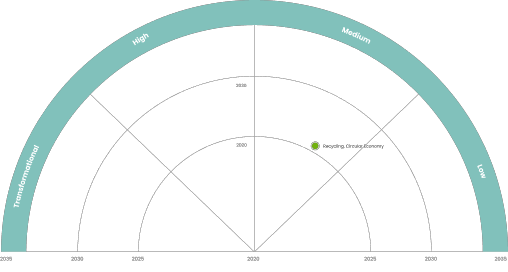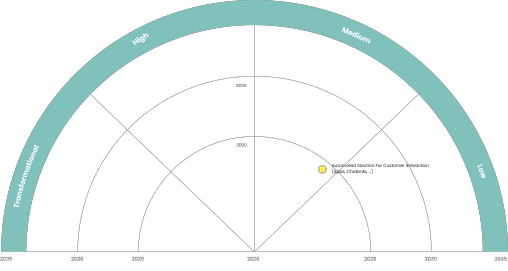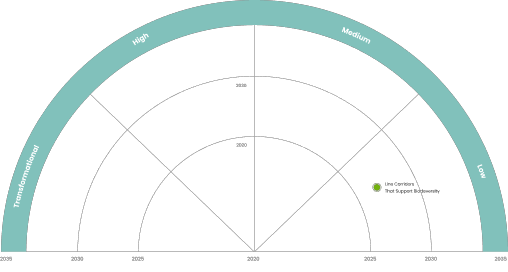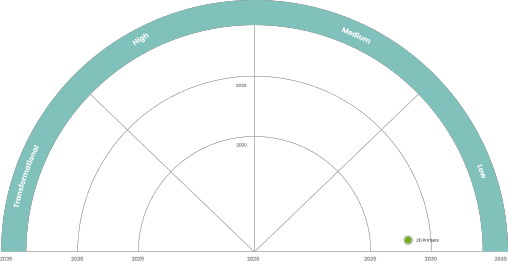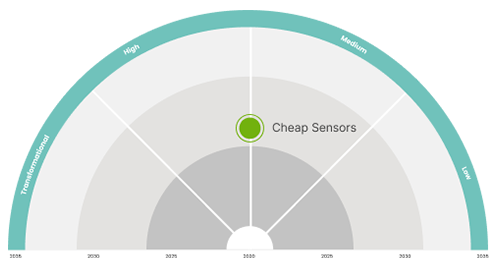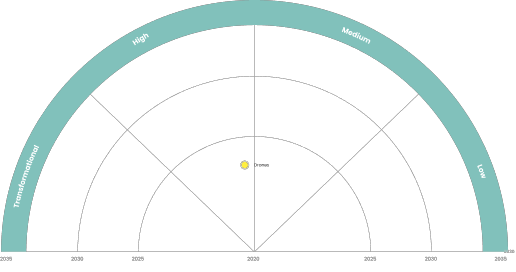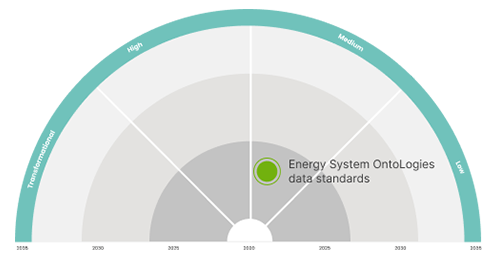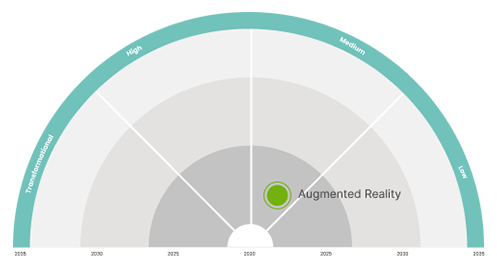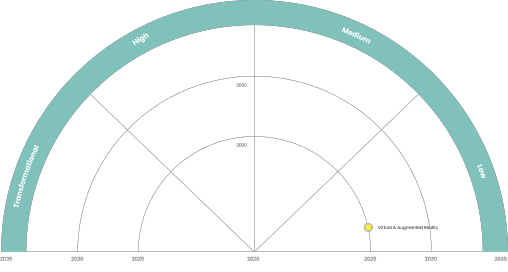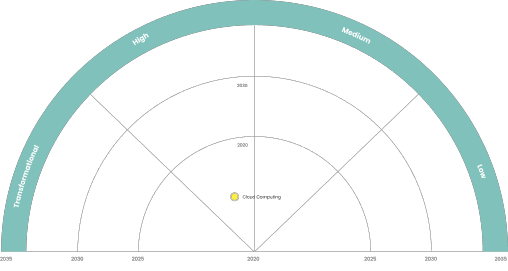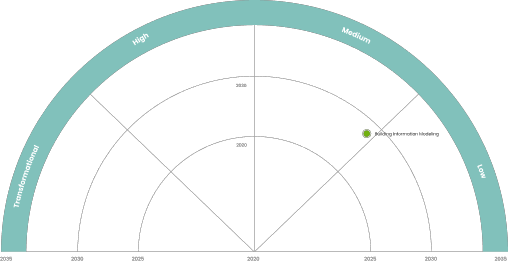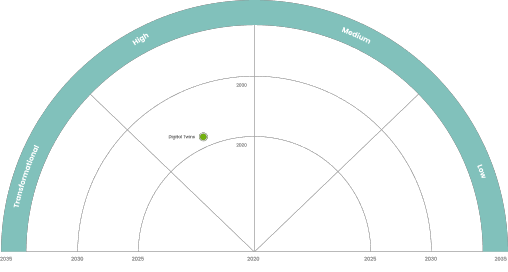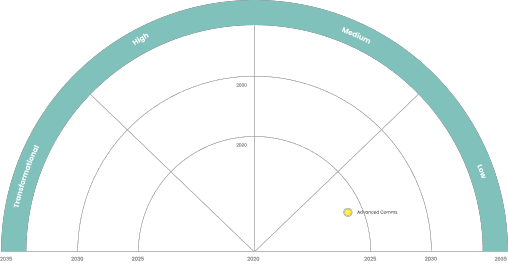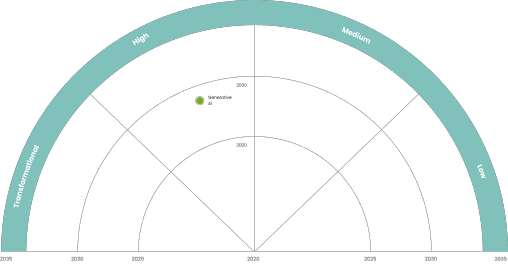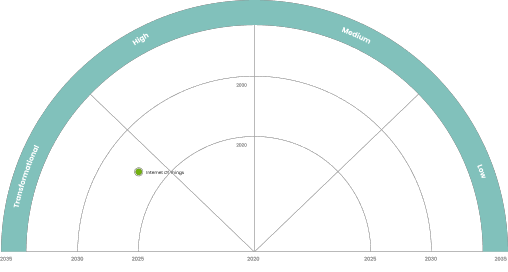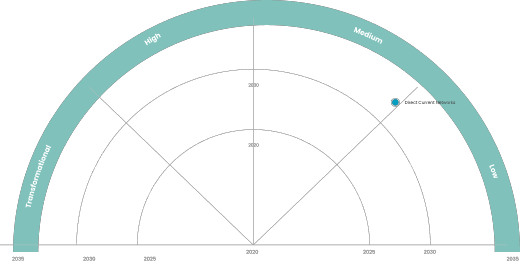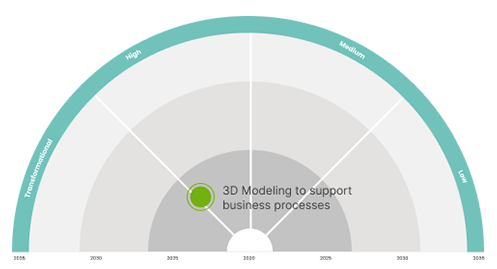2nd E.DSO Stakeholder and Innovation Council gathers at European Utility Week in Paris
The energy system is undergoing fundamental change. This is particularly true for distribution system operators (DSOs) that are confronted with an unprecedented growth of new loads and distributed generation connecting to their networks. Fundamental change requires innovative ideas, fresh perspectives, and a mind shift in how we deal with new challenges and seize new opportunities.
E.DSO held the second edition of its Stakeholder and Innovation Council to address these points. The Council that is chaired by Livio Gallo, Head of Global Infrastructure and Networks at Enel, gathers leading innovators, experts in digitalisation and smart grids, as well as experts on customer behaviour and emerging socio-technical trends.
More specifically, this year’s Council, that was co-located with the European Utility Week in Paris, dealt with three topics: 1) grid edge transformation through flexibility; 2) innovative resilience; 3) customer engagement by design.
Grid Edge Transformation
Cooperation between various stakeholders is the key to unlocking the opportunities that come with the energy transition. In this context, DSOs will act as neutral market catalysers. Network mordernisation, digitalisation and dynamic regulation are prerequisites. This new regulatory framework must allow for the necessary flexibility to test novel solutions and approaches that will drive innovation, for example through regulatory sandboxes.
Council members described the need for easy customer solutions and customer incentivisation schemes, public awareness that co-evolves with technological progress and adaptive regulation. Another topic discussed was the importance of sectoral integration and grid smartness indicators – which should not merely look at the number of sensors or smart components in the grid but rather the value they provide.
Innovative Resilience
In the wake of new challenges and emerging threats, including extreme climate conditions, cyber threats and market disruptions, DSOs must adopt a ‘resilient by design’ concept. A concrete example of these threats was provided by Anda Ray, Senior Vice President of External Relations and Technical Resources at EPRI, who commented on the recent events in California where wildfires and preventive measures (planned outages) have severely impacted people’s lives. This highlights the need for network operators to rethink their approach to adverse weather events, moving from mitigation to adaptation, consequently becoming more resilient. Regulators can incentivise utilities to develop climate adaptation plans that protect and upgrade their infrastructure. A recognised approach elaborates four phases to manage risks: 1) risk prevention; 2) readiness; 3) response; 4) recovery.
Technological ‘resilience by design’ implies the hardening of the grid through dynamic circuit reconfiguration, remote monitoring, control systems and protection against cyber-attacks. But also a model for proper cooperation and coordination among public, private and cross-sector partnerships is needed.
Customer Engagement by Design
Citizens take a central role in the energy transition, having a significant impact on the evolution of DSO models and the interactions with their customers. DSOs shall be able to foster the energy transition while tackling affordability, more flexibility and simplicity, in order to be responsive towards their customers and to meet their expectations. Some of the points that were discussed include: living labs, platforms and crowd working, emotional analysis, deep learning, AI and data science tools, the role of collaborative networks, digital multichannel communication and human-centered design thinking.
Silvia Vitiello, Project Manager at the European Commission’s Joint Research Centre (JRC), also addressed the audience of the 2nd E.DSO Stakeholder and Innovation Council. She commented on the ongoing work of the JRC and its DSO Observatory, and confirmed that “testing innovative regulatory frameworks should and will be on the research agenda.”
Manuel Sánchez, Team Leader for Smart Grids at the European Commission’s DG ENER, reacted to the different presentations, appreciating the work of the Council and saying that DSOs play an important role in enabling innovative business models. He also commented on the point of data sharing and interoperability, talking about upcoming comitology legislation.
Livio Gallo, in his function as Council Chairman thanked all participants for a fruitful second edition. The Stakeholder Council will continue its work also in 2020. Mr. Gallo gave a sneak preview of the topics that will be discussed next year: how to humanise the technological revolution and urban futurability.
The Council conclusions will be made available in due time.
External members of the 2nd E.DSO Stakeholder and Innovation Council:
- Ronnie Belmans (KU Leuven, Energyville)
- Dan Delurey (U.S. Association for Demand Response & Smart Grid)
- Patrice Geoffron (Université Paris Dauphine)
- Philip Lewis (VaasaETT)
- Simona Maschi (Copenhagen Institute of Interaction Design)
- Leonardo Meeus (Florence School of Regulation & Vlerick Business School)
- Anda Ray (EPRI – Electric Power Research Institute)
- Joisa Saraiva (Center for Regulation and Infrastructure, Fundação Getulio Vargas)
- Jorge Vasconcelos (NEWES – New Energy Solutions)
- Christof Wittwer (Fraunhofer Institute for Solar Energy Systems)
